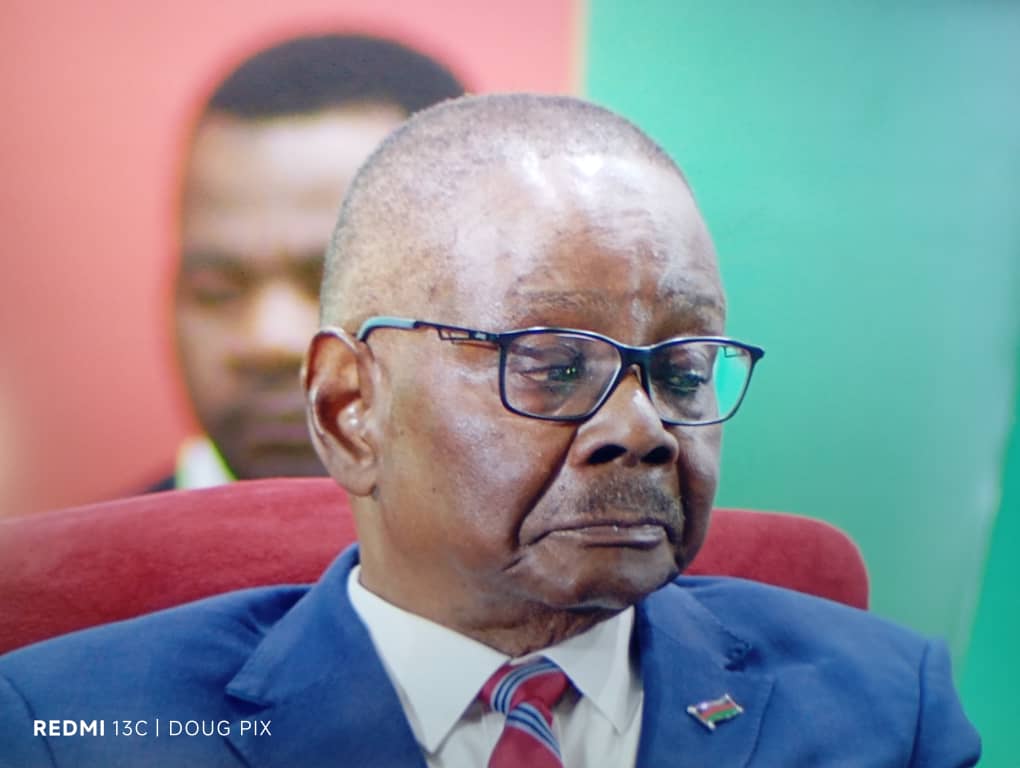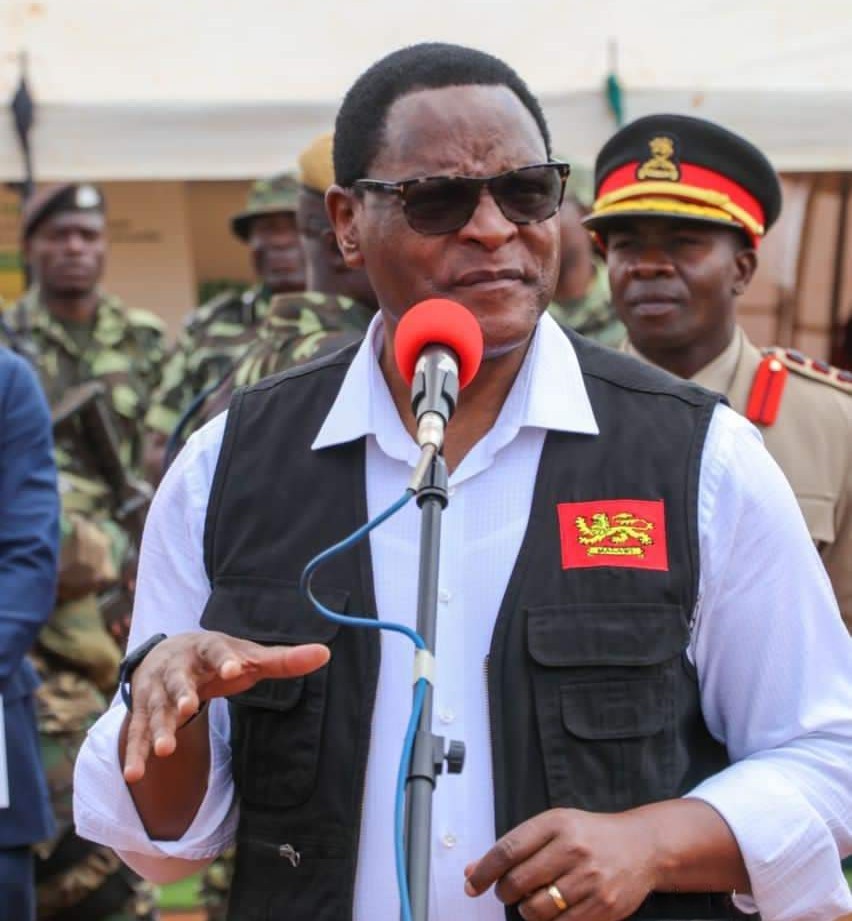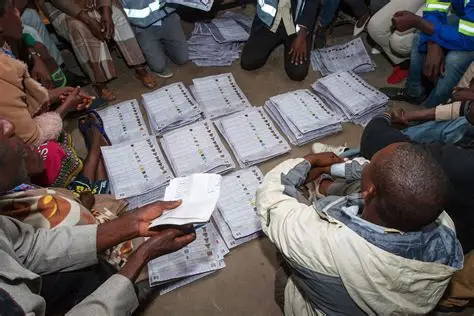Elections, in their simplest form, are about numbers. Elections are about parliamentary candidates, constituencies, and the hard, unavoidable mathematics of representation. This year, the numbers already paint a sobering, if not fatal, picture for Malawi’s opposition.
Let’s lay it out plainly:
- MCP has fielded 228 parliamentary candidates out of the country’s 230 constituencies.
- DPP has only 113.
- UTM comes in even lower with 83.
- PP fields 47, and UDF a mere 31.
When you crunch those numbers, one truth becomes obvious: many of these parties have effectively forfeited half the electoral battlefield even before the first ballot is cast.
Malawi’s political tradition shows a strong pattern. The presidential vote often aligns with the parliamentary choice. In most constituencies, voters lean toward a “straight ticket”, meaning if they choose an MP from a particular party, they are very likely to choose the same party’s presidential candidate.
Now here’s the critical problem for the likes of DPP and UTM, the so-called front runners. DPP has no parliamentary candidate in 117 constituencies and UTM has no parliamentary candidate in 147 constituencies.
That’s not just a gap, that’s a political canyon. Without a candidate on the ground at MP level, you’re missing the most direct, localised campaign machinery for your presidential candidate.
It’s not about whether Arthur Peter Mutharika or Dr. Kabambe can deliver good speeches—which unfortunately much cannot be said about APM—it’s about who will be there in the villages, in the trading centres, in the market places every day, in Churches and Mosques rallying the local base.
That job traditionally falls to the parliamentary candidate. Without them, a presidential hopeful’s message simply doesn’t travel far enough.
In a typical Malawian election, the parliamentary candidates are the local engine of the campaign. They bring the presidential candidate’s face to the people, organise mini-rallies, canvas door-to-door, visit Churches and Mosques, and ensure that on voting day, supporters actually turn up at the polling center.
If you remove that engine from half the constituencies, you’re effectively asking your presidential campaign to run on one wheel instead of four.

Take DPP’s situation. For APM to win, he must rely on voters in more than 117 constituencies to pick him for president without having a local MP candidate to campaign alongside him. That’s wishful thinking.
Let’s break it down statistically. Malawi has 230 constituencies. Assume each constituency carries roughly equal voting power. By failing to field candidates in half of them, you’re automatically ceding a huge percentage of grassroots influence to your opponents.
If voting patterns hold, and they usually do, the absence of an MP candidate can cost you 40–60% of potential presidential votes in that area. That’s because voters are more likely to choose a party “package”—MP and president from the same camp; without a local MP candidate, there’s no ground team to mobilise the vote; and the opponent’s MP candidate becomes the default local promoter of their presidential choice.
Even in the best-case scenario where some voters might “split the ticket” (choose a president from one party and MP from another), the scale of loss is so large that you would need near-universal support in the constituencies where you do have candidates to make up for it, something that’s statistically improbable.
Further, this isn’t just about numbers; it’s about perception. By failing to present a full slate of parliamentary candidates, parties like DPP, UTM, PP, and UDF have sent a loud, unintended message: “We are not ready to govern nationwide.”
It tells voters that you lack the capacity to organise at scale, that you have no foothold in vast areas of the country, and that your reach is too limited to be a serious governing option.

MCP, with 228 candidates, is signaling strength, preparedness, and the ability to cover nearly every corner of the country; DPP, with 113, looks like a regional player trying to win a national game; and UTM, with 83, looks like a promising but small outfit, energetic but far from national coverage.
This is why analysts are already saying: these elections have been lost by the opposition before a single vote has been cast. It’s like showing up to a football match with only six players against a full team, the whistle hasn’t even blown, but the score is already against you.
The irony is that many opposition leaders have spent the last few years accusing the Malawi Electoral Commission (MEC) of bias, rigging, and incompetence. Yet here they are walking into an election having handicapped themselves with poor planning and lack of candidate coverage.
When the results come in, and the loss is as heavy as the numbers suggest, there will be the usual cries of “stolen election.” But how do you win an election you didn’t even contest fully?
The ground truth is that politics is won both in rallies and in the trenches of constituency campaigning. Without local candidates, you have no trenches. Without trenches, you have no army. And without an army, all the speeches in the world won’t save your campaign.
In more than 100 constituencies, MCP candidates will be walking into voting day with the confidence that their voters will likely pick the same party’s presidential candidate. That’s a built-in advantage that grows with each absent opponent.
For DPP and UTM, this signals a surrender of the very mechanism that wins elections in Malawi.
The 2025 election, at least at the presidential level, might end up being decided long before the ballots are counted, and the reason will not be rigging, or foreign interference, or dirty tricks. It will be the cold, clear mathematics of political participation.
In that equation, MCP starts with almost full coverage. The rest, they start with holes so big that no amount of last-minute rallies can patch them.
Numbers don’t lie. And in this election, they’re already telling the story. You cannot win a race you don’t fully run.








